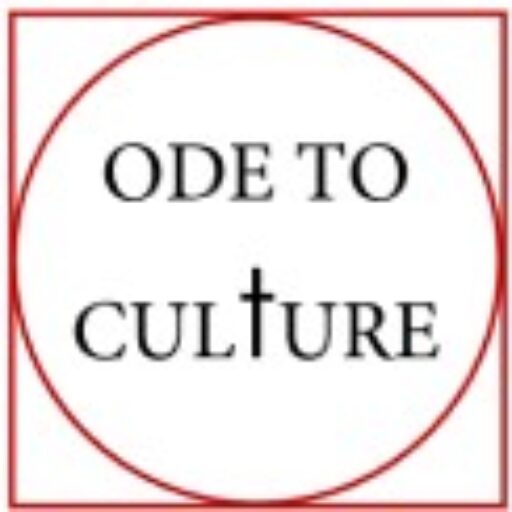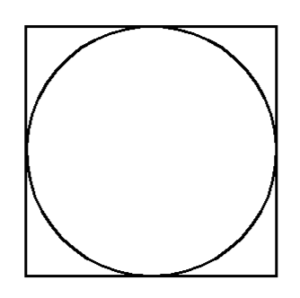Prompt 25: April 1, 2023
When I started this project, Ode To Culture was an attempt to join the “culture war” by initiating thoughtful content leading to Christ. Luckily, that vision died out once Kevin Lee corrected my concept of what culture even means through the article Technology, Culture, and Virtue: On Wendell Berry’s Unnatured Man (1). What I confused for “culture” was instead the content of our culture which we celebrate through books, music, film, fashion, art, cuisine, and so on. Culture itself is the manner in which we act out what our society believes; it is how we connect to a place and time. In this way, it is much more related to energy, technology, economy, education, governance, and relationships. What the content (as a phenomenon) tells us is what our culture is, and more importantly, what we value.
The most important distinction between content and culture is participation. A traditional folk song played for dancing at a communal gathering has a higher purpose than a song produced to sell copies, though this form may reach more ears. The folk song is embodied, it is performed for the purpose it was created and actively connects with the dancers; the experience is shared. Culture is a worship song written to be sung corporately in churches and memorized for generations. Marshall McLuhan pointed out the deficiency of content by coining the phrase “the medium is the message”.
The shift into postmodernism began a descent into meaninglessness. Artists began to express sarcasm as a means to undermine their own creations. What has resulted from universal subjectivity is a move away from any vision of truth. We started making content about content– think Saturday Night Live, Weird Al Yankovic, and Andy Warhol. Postmodernism brings in the ideas of absurdism, nihilism, and deconstructivism (2). Most of us have grown up in this postmodern world. Because nothing really matters and everything is a social construct, the postmodernists have encouraged the dissolution of truth, morals, family, language, gender, and merit. Though many of its proponents have argued that man is most free when he is most individuated, we can clearly see how shackled people have become when they lose the traditional institutions that have held us together psychologically and as a society. This may sound familiar to many political disputes today, but we have to recognize the problems in question are much higher than the governing bodies. This is the zeitgeist.
When Riley shared the article (3) on the issue of students using AI softwares to write their essays, it occurred to me immediately that the American education system had prioritized the contents of education over the art of learning. An essay is one of the highest forms of analyzing competency in a classroom, and now that its contents can be manufactured, we have come to the end of standardized education. It might be time to collectively rethink what it means to be human and how best to raise children in that frame.
I don’t think one can create culture. The manner in which we engage the world is how we learn to live in the pattern of culture. Participation is the only way to connect to God. You cannot think high enough thoughts or feel deep enough emotions to maintain a practiced faith as a disciple of Christ. That is what church is supposed to be for.
The thread is open. Create boldly, and may the Spirit guide us all
Notes
- Link to article: Technology, Culture, and Virtue (thenewatlantis.com)
- Here is a short outline of each of these belief systems accompanied by a link to an image typifying the idea.
Absurdism is the negative response to order, civility, meaning, and rationality.
Image 1: Fountain by Marcel Duchamp
Nihilism is the idea that there is no objective truth or morality. Nihilists are typically deeply cynical about meaning, values, or existence.
Image 2: The Persistence of Memory by Salvador Dali
Deconstructivism is the idea that no real coherence or natural law exists and that all limits are off.
Image 3: Mingus In Mexico by David Salle
- Link to article: https://www.theatlantic.com/technology/archive/2022/12/chatgpt-ai-writing-college-student-essays/672371/
Discussion Questions:
- Name some dividing lines between content and culture. Where do you see the weakness of “quality content”?
- In what ways do you feel the deepest connection with God?
- If the medium is the message, how does attention direct our being?
- What have the postmodernists gotten right? Where is their destruction most apparent?
- What do you think are the highest forms of content (art)?
- Where do you see the church neglecting culture?
- In what ways could A.I. compliment culture?

